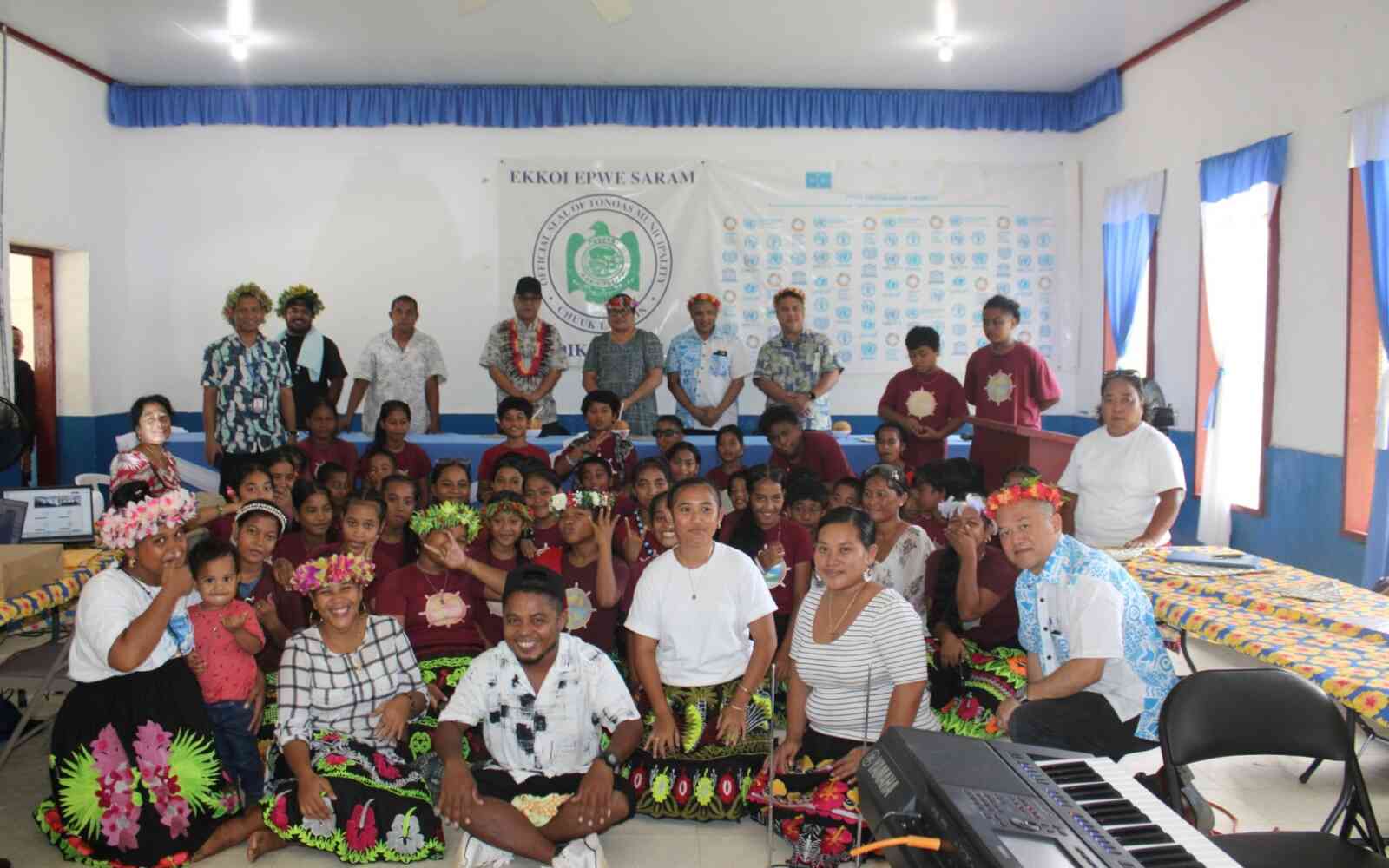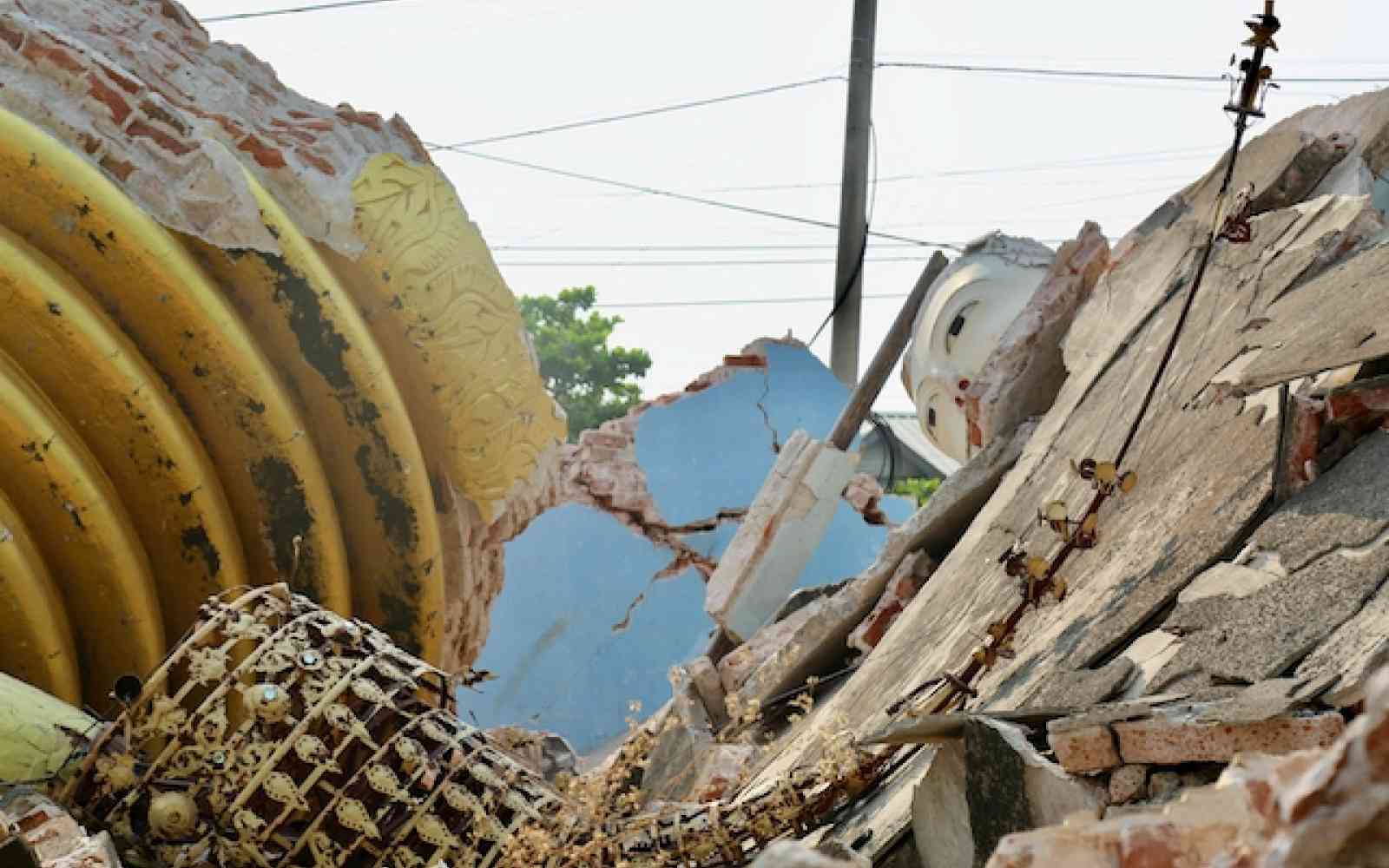The United Nations Office for Project Services (UNOPS)
Improving the environmental management of end-of-life vehicles in Micronesia
A partnership between UNOPS, the Federated States of Micronesia (FSM) and the World Bank will spearhead the development of a comprehensive vehicle management strategy.
In the country, imported vehicles have shorter lifespans due to the challenging weather conditions and limited repair options. The lack of waste management systems worsens the issue, as abandoned vehicles release pollutants harmful to both the environment and public health.
To help address the issue, UNOPS will provide essential technical support to develop a Motorization Management Strategy and Implementation Plan, focusing on improving the management and disposal of end-of-life vehicles. The initiative will recommend policy enhancements to address the environmental burden of these types of vehicles, aiming to reduce greenhouse gas emissions and pollution.
UNOPS is committed to enhancing the resilience of transportation infrastructure against climate change and natural disasters in Pacific Small Island Developing States.
Part of the broader World Bank-funded Strategic Climate-Oriented Road Enhancement project, UNOPS will establish a lifecycle approach for managing the vehicle fleet in Micronesia, from import to disposal. This approach will help the island country address pressing environmental and operational challenges while generating economic benefits through recycling and vehicle maintenance programs.
“By advancing end-of-life vehicle management, we are reducing environmental risks from vehicle debris, enhancing road safety, and creating economic opportunities. This project will set the foundation for resilient, sustainable transportation in FSM and serve as a model for other small island states,” added Ms. Kadwani.













